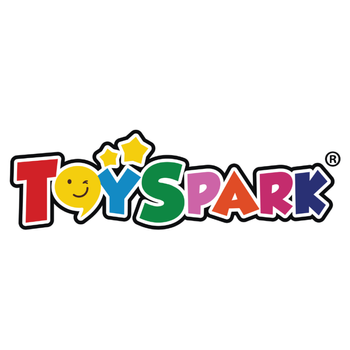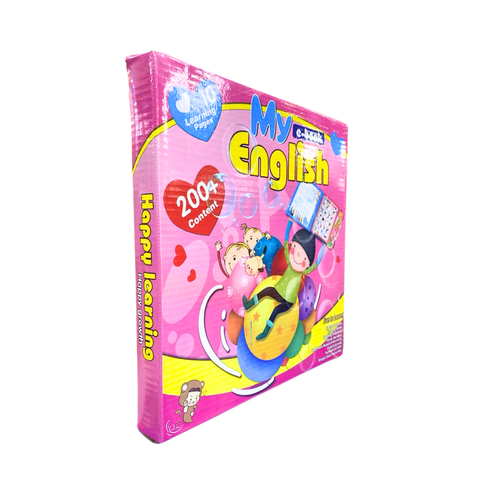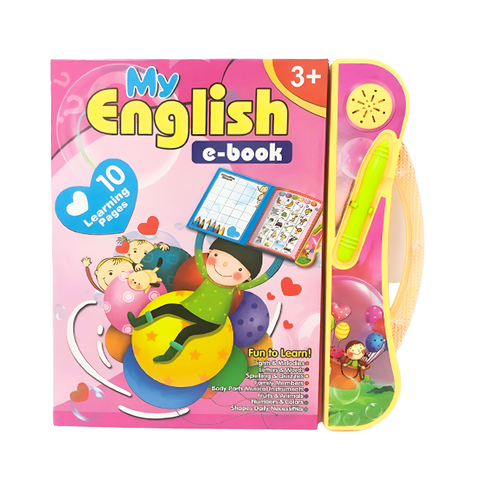
Early childhood development is not just about milestones but also about how external factors and interractions influence growth. Here’s an in-depth look at how the enviroment and caregiver engagement play critical roles in nurturing esssential baby skills.

1. Impact of Enviroment on Physical Mastery
- Motor Development: The physical space where a baby plays can greatly influence motor skill development. Safe, stimulating enviroments with opportunities for movement—like tummy time and varied textures—encourage the physical milestones of rolling, crawling, and walking.
- Coordination Enhancement: An enviroment rich with sensory stimuli—such as colorful toys and textured surfaces—can enhance hand-eye coordination. This exposure helps babies develop the dexterity needed for fine motor skills and complex tasks later on.

2. Cognitive Growth Influenced by Interactions
- Sensory Exploration: Caregivers who actively engage in sensory play—through activities like water play, finger painting, or exploring different materials—help babies integrate sensory experiences into their cognitive development. This interactive approach supports curiousity and learning.
- Understanding Object Permanance: Responsive interactions, like playing peek-a-boo, help reinforce the concept of object permanance. Caregivers who engage in such games help babies understand that objects exist even when out of sight, supporting cognitive and memory development.
- Problem-Solving Abilities: Encouraging exploration and offering problem-solving toys or activities fosters critical thinking. Caregivers who provide guidance without interference allow babies to experiment and learn through trial and error.

3. Language Development Through Engagement
- Cooing and Vocalisation: Regular verbal interaction, such as talking to and reading aloud to a baby, stimulates early vocalisations and language development. Caregivers who consistently engage in verbal communication help enhance the baby’s language acquisition.
- Babbling: Interaction through responsive conversation encourages babbling. When caregivers mimic babbling sounds or engage in "conversations," it promotes language skills and sets the stage for more complex speech patterns.
- First Words and Comprehension: Caregivers who use clear, repetitive language and respond to a baby’s attempts at communication facilitate the transition from babbling to speaking first words. Positive reinforcement and interactive reading also play crucial roles.

4. Social and Emotional Development Through Relationships
- Attachment Formation: Consistent, loving responses from caregivers build secure attachments. A nurturing enviroment where emotional needs are met helps babies develop trust and emotional security, forming the basis for healthy relationships.
- Social Engagement: Interactive play with caregivers—such as turn-taking games and social routines—enhances social skills. Engaging in activities that involve sharing and cooperation supports the development of empathy and social understanding.
- Emotional Regulation: Caregivers who model and teach emotional regulation techniques—through calm responses to distress or structured routines—help babies learn to manage their emotions. This guidance is vital for future emotional resilience.

5. Adaptive Life Skills Fostered by Routine
- Self-Feeding: Encouraging self-feeding in a relaxed enviroment allows babies to practice motor skills and independence. Caregivers who offer a variety of foods and utensils help develop fine motor skills and self-care abilities.
- Potty Training Awareness: A supportive approach to potty training, with consistent routines and positive reinforcement, aids in developing self-management skills. Creating a stress-free enviroment helps babies transition smoothly to using the toilet.

6. Play and Exploration Encouraged by Interaction
- Exploratory Play: Caregivers who facilitate varied play experiences—such as outdoor activities, sensory bins, and interactive toys—foster cognitive and sensory development. Active participation in playtime helps stimulate curiosity and learning.
- Imitative and Pretend Play: Engaging in pretend play with caregivers, like role-playing or mimicking daily activities, enhances social and cognitive skills. This interaction supports imaginative play and understanding of social roles.
Understanding how the enviroment and caregiver interactions influence development helps create a supportive framework for a baby’s growth. By actively participating in and shaping these early experiences, caregivers can profoundly impact their child's developmental journey.


























